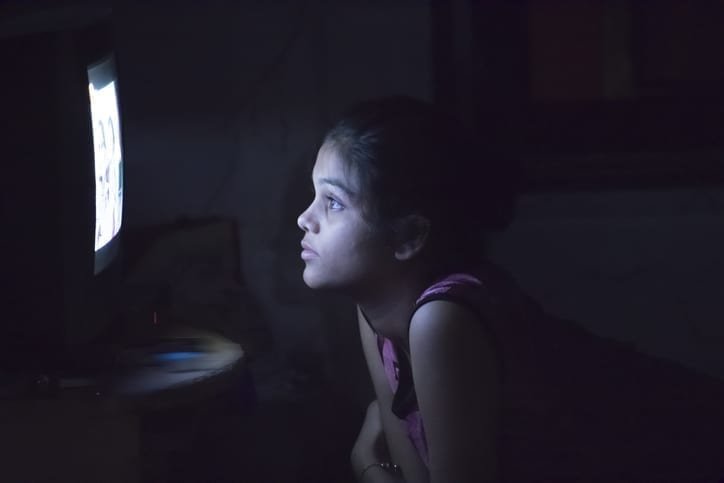The Playing for the Planet Alliance is very active in this space; over the last few years the initiative, facilitated by the UN Environment Programme (UNEP), has been advising gaming companies and gamers on the environmental impacts of gaming, culminating in reports being published in conjunction with UNEP on decarbonisation and sustainable practices within the gaming industry.
‘One of the main reasons Gratitude launched within the gaming sector is its ability to reach the masses and educate millions of gamers about the significance of the climate crisis and how we can help combat the most pressing issues we face today’, Craig reveals.
Gaming for impact
Gratitude’s solution is to allow all gamers and gaming companies to address the climate crisis through a straightforward subscription platform.
All gaming companies can partner with Gratitude and make immediate impact through their associated charities and carbon reduction programme, whether they have in-game purchases or not.
‘The average spend per gamer aged between 18 and 45 is estimated at £45 a month’, Craig tells us. ‘Our subscription rates are £4.99 per month, £27.99 for six months or £54.99 for 12 months. Depending on which subscription model you choose, 81-85% is directed to immediate impact actions through our beneficiaries and partners. Gratitude also plants a tree for every new subscriber in our Ecologi forest as a reward for their commitment to helping tackle the climate crisis.’
The 14 global charities on Gratitude’s platform support a diverse range of projects impacting environmental, conservation and social causes, which align with all of the UN Sustainable Development Goals (SDGs).
The charities have been carefully selected based on their ability to deliver short-term environmental impact solutions and to relieve the negative effects of climate change on communities around the world.
‘Every subscriber gets to decide which of our charities their money is donated to, so they can support something they truly care about’, Craig explains. ‘For those who can’t decide where to donate their money, we have developed a Global Emergency Fund that will allow us to expedite funds to natural disasters such as droughts and wildfires.’
10% of Gratitude’s net profits are also set aside to address underfunded projects on its platform, create a global fund for climate emergencies such as wildfires and to invest in eco tech companies that benefit the planet.
While Gratitude launched in the gaming sector, its platform can be adapted to any industry – including construction and retail, two of the major contributors to the climate crisis.
‘Together, we can combat the climate emergency – but only if we act now’, Craig tells us. ‘No one gets off the climate bus.’
 Play Video about This Rock Might Just Save The World
Play Video about This Rock Might Just Save The World Play Video about Play 2 hours of rock
Play Video about Play 2 hours of rock Play Video about Play 2 hours of brook
Play Video about Play 2 hours of brook Play Video about Play 2 hours of sheep
Play Video about Play 2 hours of sheep















































